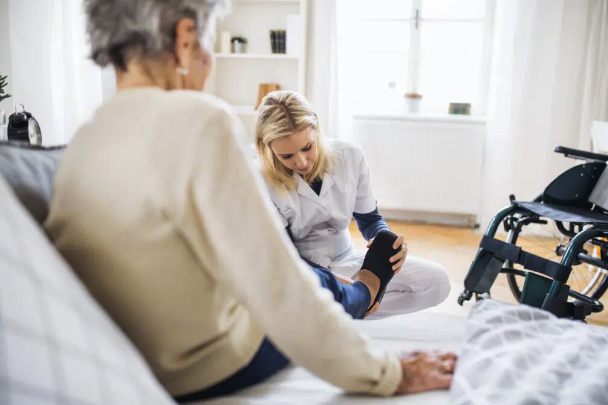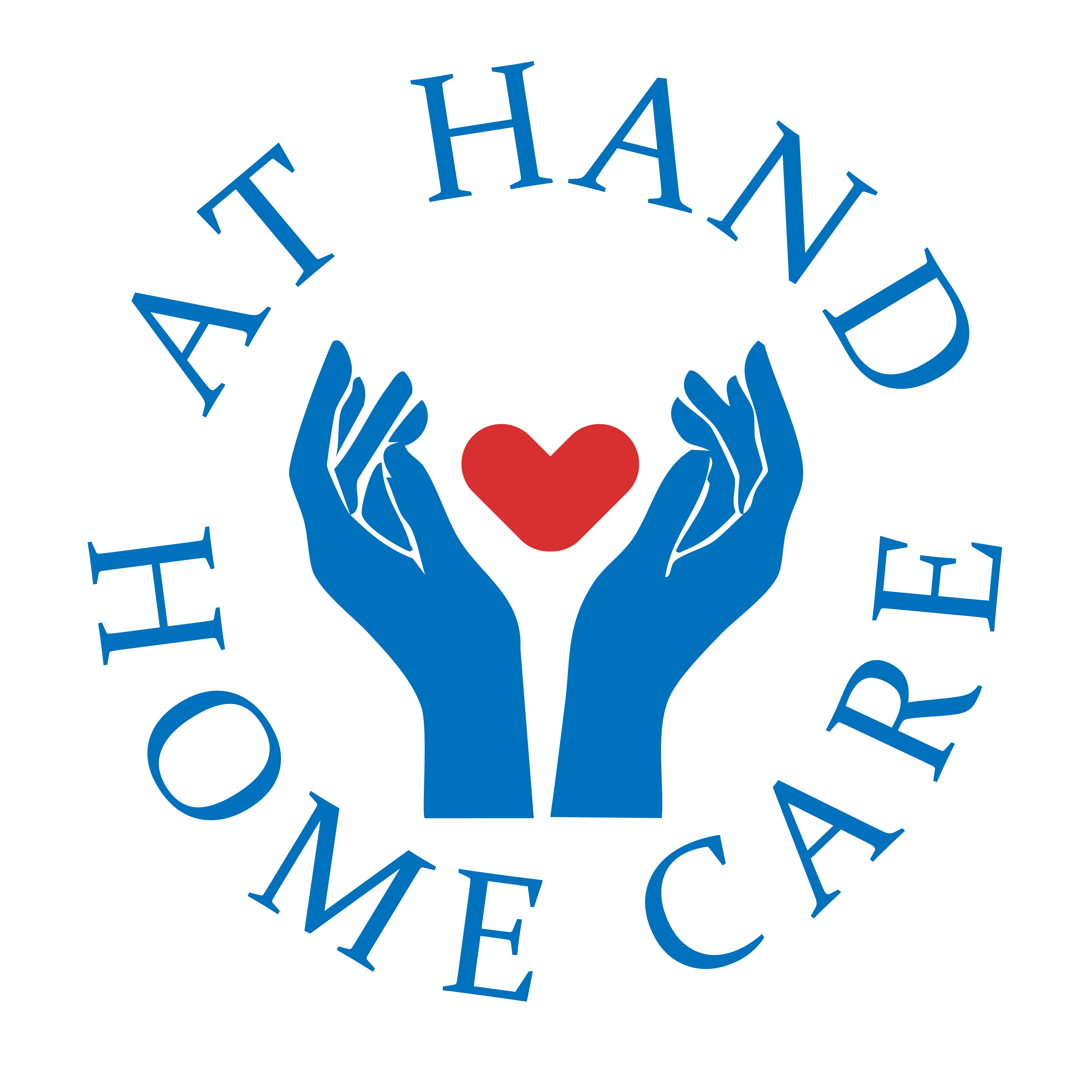24-Hour Home Care
We help families in Michigan get home care services for their loved ones without having to rely solely on insurance, and at extremely reasonable rates. We are a Medicare and Medicaid Certified Agency. We can work with your Medicare and Medicaid Insurance provider.
We hire exceptionally well trained caregivers and nursing professionals. We provide timely and safe care at home. When you can depend on timely and safer care you tend to stress and worry less, which means “ALL IS WELL”, because your loved one are taken care of!
Just because you or your loved one need around-the-clock care, that doesn’t mean residential care is the only choice. 24-hour home care can help people age in place regardless of how much assistance they need with toileting, bathing, feeding, and other activities of daily living.
What is 24-hour home care? Do overnight caregivers sleep? What’s the difference between live-in and hourly home care? How much does 24-hour home care cost? Does Medicare cover 24/7 at-home care? How do you find the best 24-hour caregiver agency?
We want you to be informed, so here’s what you need to know about 24-hour in-home care.
What Is 24-Hour At-Home Care?
24-hour home care is around-the-clock assistance in one’s own home (or that of a loved one who is their primary caregiver) with activities of daily living such as dressing, bathing, toileting, eating, and more.
It’s arguably better to start 24-hour at-home care too soon than too late – after your loved one has had a major fall, wandered away from home, or lost a dangerous amount of weight.
What Does a 24-Hour Caregiver Do?
We recognize that everyone has different needs, which is why there are no “one-size-fits-all” solutions, you have questions and we have the answers call us today.

How Can You Tell When a Parent Needs 24-Hour Care?
Providing exceptional Occupational Therapy at Home, for seniors and families in Michigan.

What Is the Difference Between Hourly Home Care and Live-In Home Care?
We have many medical and non-medical capabilities to meet almost any in-home care service request. Click here to learn more about our services.
